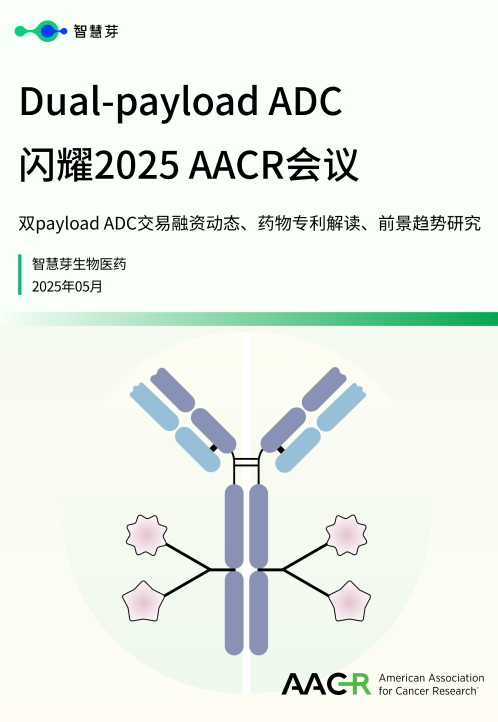预约演示
ASCO24: Nimbus Plots Path for Next-Gen IO Therapies with Strong Early HPK1 Blocker Data
临床结果ASCO会议免疫疗法
Pictured: 3D illustration of a tumor and its microenvironment/iStock, CIPhoto
Nimbus Therapeutics’ small molecule drug candidate NDI-101150 showed strong potential for clinical benefit in patients with advanced solid tumors, the Boston-based biotech announced on Thursday.
Results from a Phase I/II study, which will be presented at the American Society of Clinical Oncology annual meeting next week, demonstrated that five out of 30 evaluable patients, or 16.7%, drew clinical benefit from NDI-101150 monotherapy. One patient, who had renal cell carcinoma (RCC), achieved complete response, defined as the disappearance of a tumor and other signs of cancer.
Another RCC patient in the dose-expansion cohort showed partial response. Both treatment responders had undergone several prior lines of treatment, including checkpoint inhibitors.
Three other patients were able to reach and sustain stable disease for more than six months while undergoing treatment with Nimbus’ drug candidate. These patients had RCC, pancreatic cancer and endometrial cancer, respectively.
In terms of safety, the biotech noted that NDI-101150 was “well-tolerated” and that its overall safety profile “remains acceptable.” According to the study’s abstract, 12.8% of treated patients, experienced grade ≥3 treatment-related adverse events. Most common side effects were nausea, vomiting, diarrhea and fatigue.
While a 16.7% clinical benefit rate might seem low, Nimbus CMO Nathalie Franchimont in a statement said that the biotech is “encouraged” by these early data which further point to HPK1 “as a differentiated next-generation immunotherapy target” for solid tumors.
“NDI-101150 is a potent and highly selective HPK1 inhibitorHPK1 inhibitor that has the potential to achieve significant tumor growth inhibition and make a meaningful difference for patients,” Franchimont added.
Designed to be orally available, NDI-101150 is a reversible HPK1 inhibitorHPK1 inhibitor that works by boosting the activation of T cells, B cells and dendritic cells. The candidate allows the body to “mount a robust anti-tumor response, even under immunosuppressive conditions,” according to Nimbus’ website.
NDI-101150 is Nimbus’ only candidate in the clinic and is being developed as a treatment for solid tumors. Aside from its clinical benefit, the Phase I/II study also sought to verify this mechanism of action. Using biopsy samples from an RCC patient on treatment, Nimbus found “increased infiltration” of activated CD8-positive T cells and dendritic cells versus archival biopsies, according to the abstract.
A separate portion of the study is testing the combination of NDI-101150 with Merck’s Keytruda (pembrolizumab).
Thursday’s readout comes more than a year after Nimbus sold its oral TYK2 inhibitorTYK2 inhibitor zasocitinib—along with its wholly owned subsidiary Nimbus Lakshmi—to Takeda for $4 billion upfront, plus potentially $2 billion more contingent on annual sales milestones.
Tristan Manalac is an independent science writer based in Metro Manila, Philippines. Reach out to him on LinkedIn or email him at tristan@tristanmanalac.com or tristan.manalac@biospace.com.
更多内容,请访问原始网站
文中所述内容并不反映新药情报库及其所属公司任何意见及观点,如有版权侵扰或错误之处,请及时联系我们,我们会在24小时内配合处理。
Eureka LS:
全新生物医药AI Agent 覆盖科研全链路,让突破性发现快人一步
立即开始免费试用!
智慧芽新药情报库是智慧芽专为生命科学人士构建的基于AI的创新药情报平台,助您全方位提升您的研发与决策效率。
立即开始数据试用!
智慧芽新药库数据也通过智慧芽数据服务平台,以API或者数据包形式对外开放,助您更加充分利用智慧芽新药情报信息。





